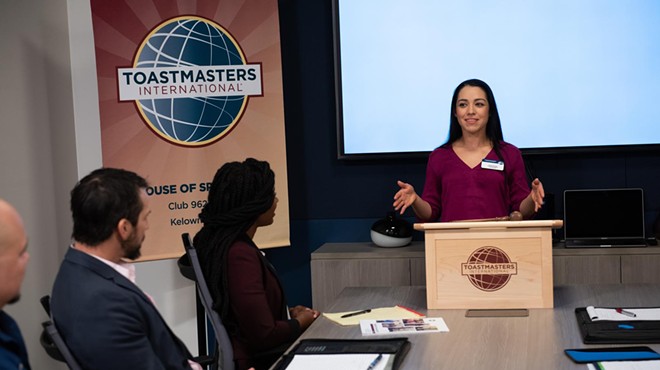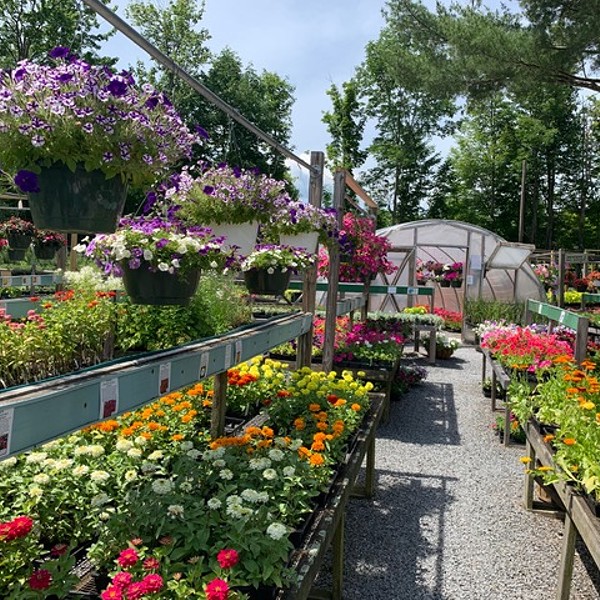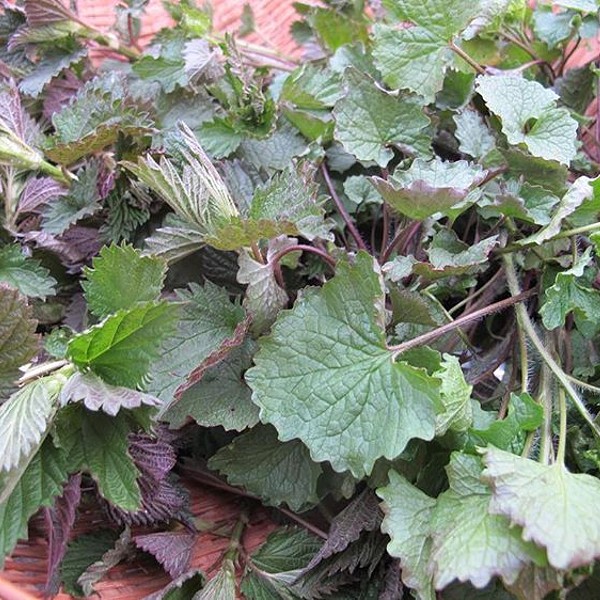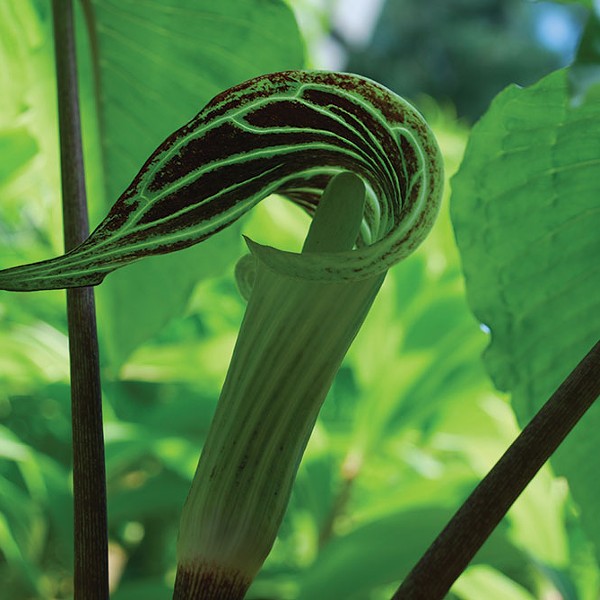On the other hand, this humble village plot has transformed into an herbalist's bounty of nearly four dozen edible or medicinal plants. The edible ones include plantain, dandelion, sweet violet, garlic mustard, garden sorrel, purslane, onion grass, chickory, woodsorrel, wild strawberry, raspberry, and grape along the back fence. Medicinal treasures include yarrow, feverfew, mullein, St. Johnswort, wild rose, and two kinds of plantain. And morning glory is winding up the lamppost, making those hallucinogenic seeds that were eaten in sacred Aztec rituals.
Herbalists would champion this transformation. "Millions of dollars are used to eradicate these common 'weeds,' but they are useful," says Dina Falconi, the herbalist behind Falcon Formulations in Stone Ridge and author of Earthly Bodies and Heavenly Hair. "We have lost the capacity to take care of ourselves when we know nothing about what's growing around us."
GET THEE TO AN HERBALIST
To really delve into the vast world of foods, medicines, and personal-care products using local plants, seek out an herbalist. She will be an expert in the traditional uses of plants, thanks to a combination of Native American teachings, lore of the European settlers, self-discovery, reading of scientific literature, and apprenticeships with today's herbal elders, like Susun Weed, founder of the Wise Woman Center in Woodstock. Women from all walks of life and economic backgrounds seek her expertise. Weed's books are the bibles for relearning the ancient ways of "listening" to what plants have to offer. Her workshops and classes have been the cornerstone of many an herbalist's training. She also sponsors a free herbal/health hotline and offers writings, recipes, tutorials, and much more on her Web page.
Susun Weed's approach in teaching herbal wisdom is to focus on one plant at a time. An apprentice will experiment with it (rather than read about it) for a year or more. Some of her favorite plants, each of which have a chapter of their own in her book, Healing Wise, are burdock, chickweed, dandelion, nettle, oatstraw, seaweeds, and violet. And she adores local plants (guess which one in the preceding list is the only nonlocal plant), both for their vast healing properties, and because using them is empowering on several levels.
She gives this example: Years ago she had to face a lot of frustrated women whose access to dong quai, an herb used to treat a variety of reproductive conditions, was cut off when "the powers that be" decided that Chinese herbs needed to be evaluated before they were made available to everyone. "Need I tell you how many angry women I had? So I turned around and taught myself how to use motherwort and several other plants that grow in our area. By giving dong quai, not only had that disempowered those women, but made them vulnerable to whatever the Big Boys decided."
Herbalists also are our link to the healing properties of whole plants. It's an art, not a product. So while herbal "remedies" have gained such a huge following that they are widely available on store shelves, there are problems. Often they are not organic, may contain dangerous contaminants, aren't reliably available, or are prepared in a way that degrades their potential activity. There is also a trend to isolate, mass-produce, or standardize the "active ingredient" of medicinally useful plants-something very different from creating with the whole plant. (See Monarda Herbal Apothecary's Web page for an erudite commentary on the problem.)
By contrast, says Jennifer Costa, herbalist at Monarda Herbal Apothecary in Phoenicia, "the training of an herbalist is crucial to producing superior quality extracts and is based on thousands of years of practice. The strength of an extract comes from well-nourished soil, careful organic growing, proper harvesting, and premium traditional extraction techniques. No one can improve on Nature's own creations or dispute the fact that our bodies have evolved for thousands of years using these plants in their whole form as food and medicine."
And herbal treatments are not just for the occasional rash or headache. Farah Shaw Kelsey has been in practice as a clinical herbalist in Rhinebeck for over 25 years. "I specialize in working with women who are having difficulty getting pregnant or choosing later-in-life pregnancies, need to manage blood sugar disorders, or are fighting life-threatening illnesses."
OF TEAS & TINCTURES, SALVES & SENSUALITY
To ingest the nutritious or medicinal properties of a plant, herbalists make (and teach others how to make) infusions, decoctions, tinctures, and concentrated distillations of fresh or dried plant parts. There are also external preparations like salves, lotions, and infused oils, for healing and pleasure.


















